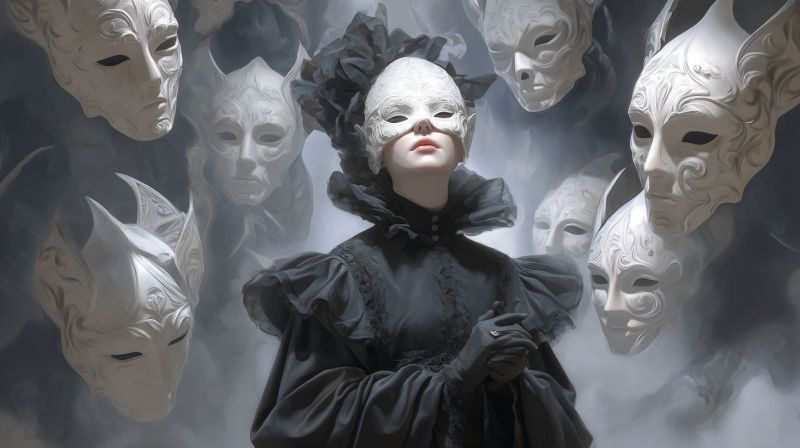 Faith in the Mask
Faith in the Mask
The Faith in the Mask embraces divine deception, holy disguise, and the sanctity of hidden truths. These priests believe that identity is fluid, and that revelation is a privilege—not a right. Their power lies in misdirection, secrecy, and the sacred act of becoming what is needed rather than what is expected.
Faces of the Divine
Priests of the Mask wear veils both literal and magical. They move through cities as actors, confessors, and spies, guiding events while cloaked in anonymity. Their prayers alter appearances, conceal intentions, and shield secrets. To them, even the gods have guises—and truth is something revealed only in pieces.
In Zin, the Masked Priests form a silent order called the Cloaked Chorus, who judge disputes from behind expressionless visors. Each priest wears a face of myth, and their true identities are known only by divine rite. Their rituals blur memory, bend persona, and extract confession not with threats, but reflection. In their presence, even liars learn to speak carefully.
Doctrine of Many Faces
The Faith in the Mask teaches that masks do not deceive—they reveal facets otherwise unseen. Their power flows through illusion, misdirection, and sacred impersonation. These priests are keepers of anonymity, divine infiltrators, and protectors of truths too sharp for open light.
 Spells Known:
Spells Known:-
Shame Unmasked
 2
2
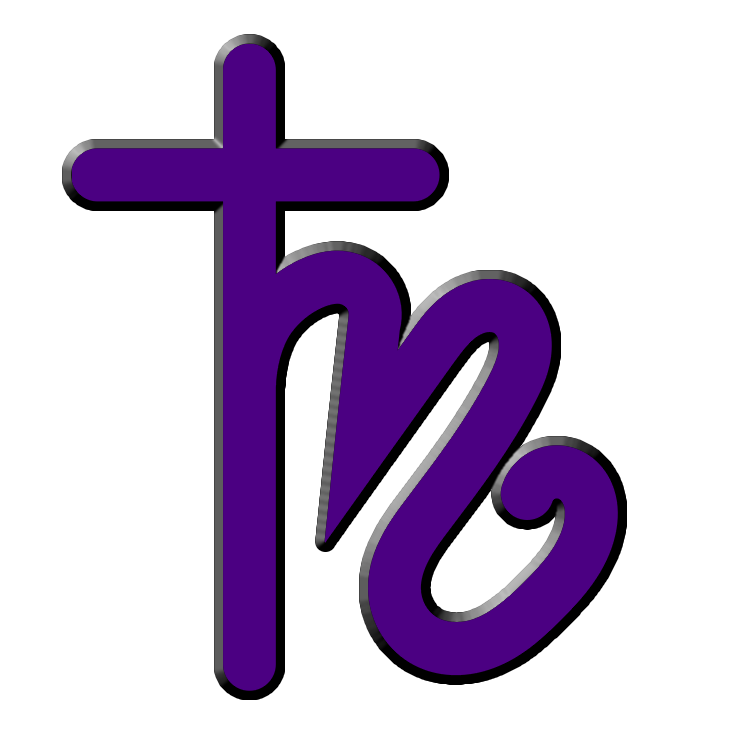 5
5

-
Deceiver’s Smite
 1
1
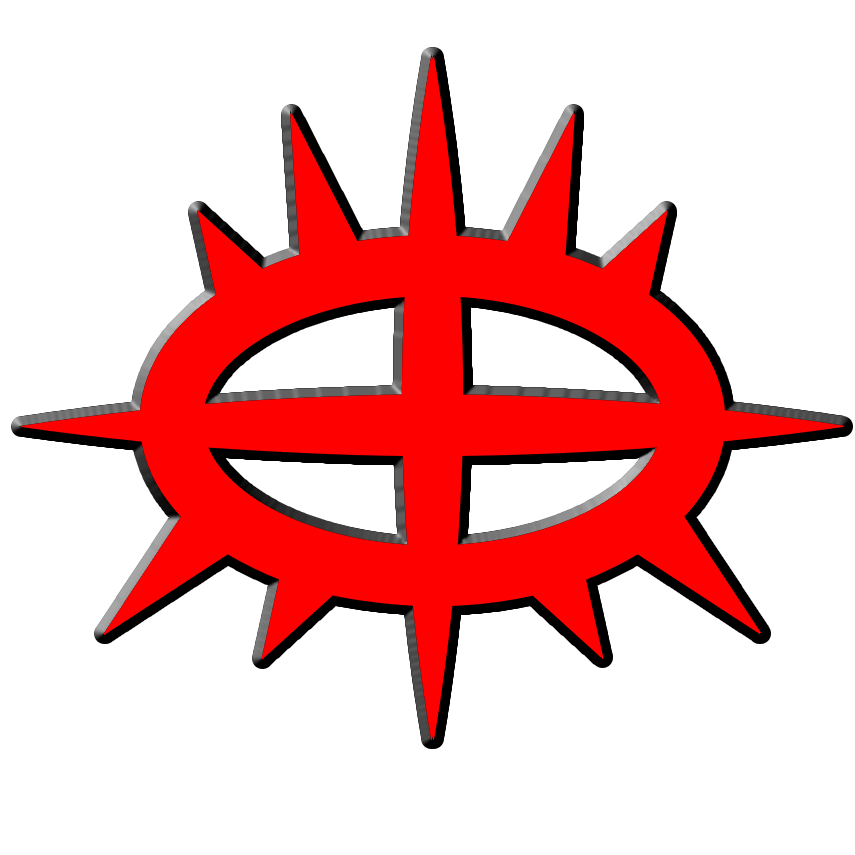 8
8

-
False Death
 2
2
 12
12

-
Silent Sermon
 3
3
 16
16

-
Hidden Sanctuary
 4
4
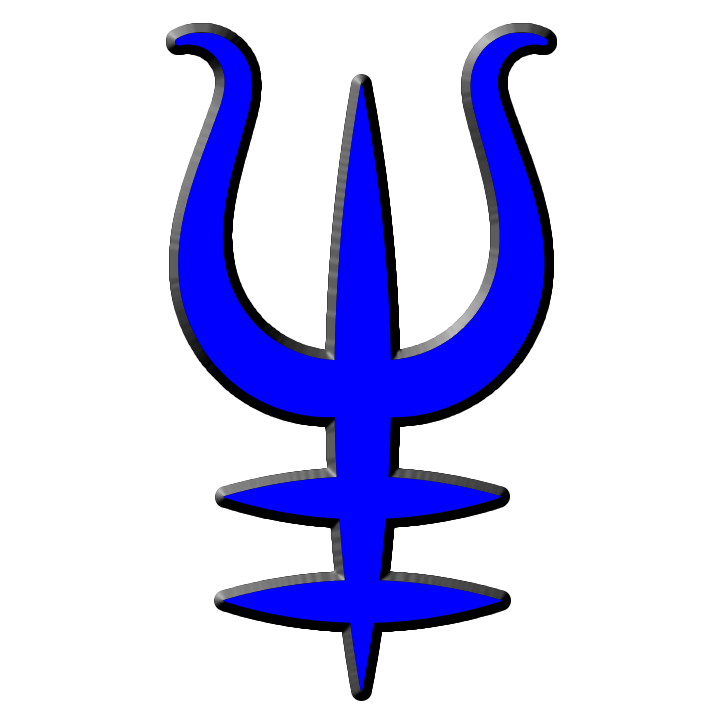 20
20

-
Divine Masking
 4
4
 24
24

-
Lieward Pulse
 5
5
 28
28

-
Veilstorm
 6
6
 32
32

-
Persona Dominion
 7
7
 36
36

-
The Unmade Face
 9
9
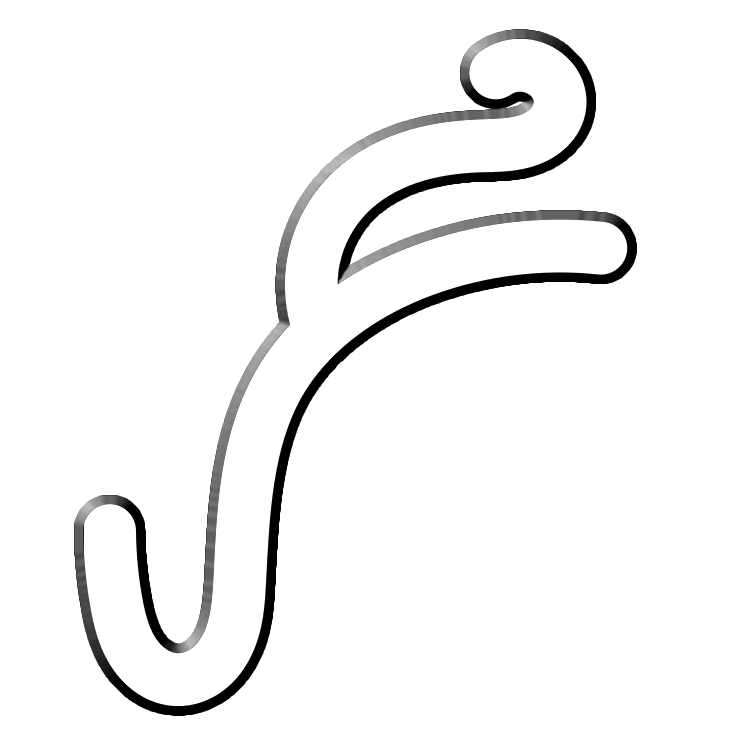 40
40

 Passive Abilities:
Passive Abilities:-
Echo of Authority2500 gp 1

-
Faith in the Mask Spells - 1st Level500 gp 1

-
Maskbond5000 gp 1

-
Faith in the Mask Spells - 2nd Level750 gp 5

-
Whisperwalker4000 gp 5

-
Faith in the Mask Spells - 3rd Level1000 gp 9

-
Inquisitor’s Guise3000 gp 10

-
Faith in the Mask Spells - 4th Level1500 gp 13

-
Silent Spellcraft5000 gp 15

-
Faith in the Mask Spells - 5th Level2000 gp 17

-
Deny Recognition5000 gp 20

-
Whispersense5000 gp 25

-
Eyes of the Veiled5000 gp 30

 Quick Abilities:
Quick Abilities:-
Blessed Disguise1

